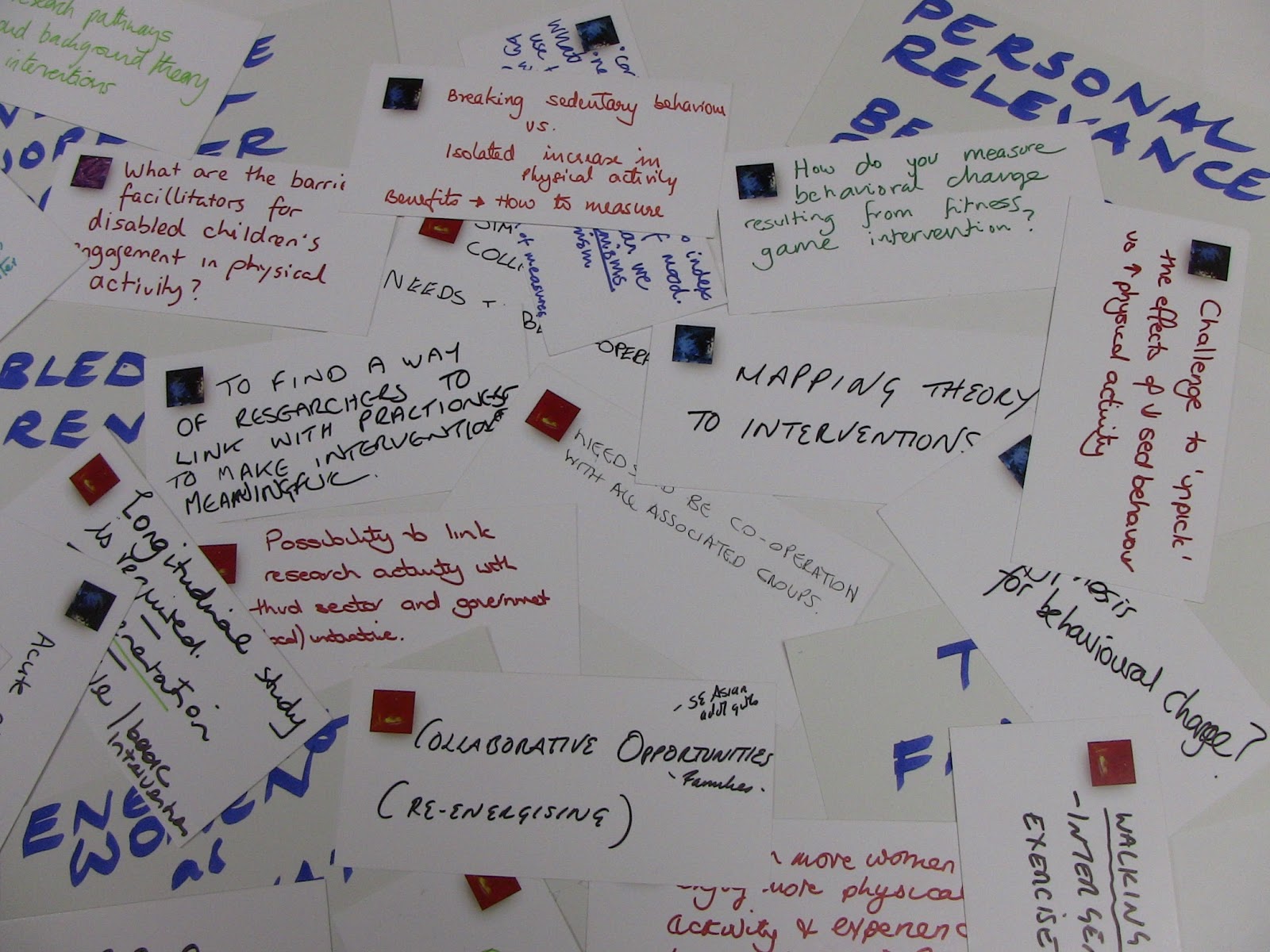SCPHRP Reflections and Next Steps Working Group Meeting
This is a joint meeting of our Working Group members, grantees and other collaborators. This meeting is an opportunity to collectively reflect on the first three years of the Collaboration’s operations, and to plan our future. We propose to use the occasion for two related purposes. First, we want attendees …







